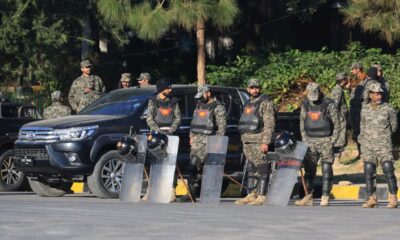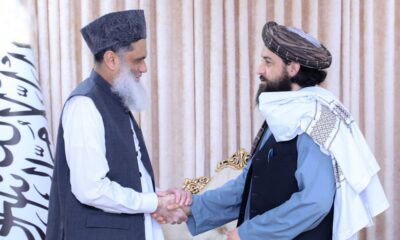Business
Fruits, Grain, Wheat Harvests Increase in Kunduz
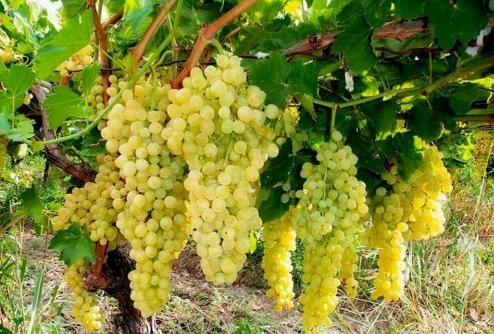
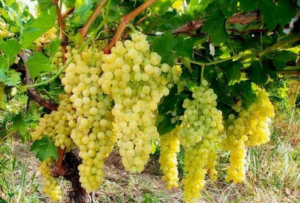 The harvests of fruits, grain, and wheat have increased in northern Kunduz province, said the Agriculture Directorate of Kunduz.
The harvests of fruits, grain, and wheat have increased in northern Kunduz province, said the Agriculture Directorate of Kunduz.
Kunduz is one of the well-known provinces of the country which previously was known as the “the hive of Afghanistan’” and the center of grains.
However, insecurity in recent years had negatively affected agriculture in addition to other industries.
Despite the existence of insecurity and war, the agricultural products have increased 20 percent compared to the previous years.
“The suitable weather and the on-time raining resulted in the increase of the agricultural products like fruits and grains in Kunduz,” said Wahid Batash, the Agriculture Director of Kunduz.
According to the gardeners in Kunduz, though the harvests are good this year, the lack of official’s attention to improve the gardeners’ conditions and the absence of a proper market for selling the harvests are the main problem of the gardeners.
They said that 7 kilograms of the fruits like peach, black cherry, and apricot are sold around four US dollars.
“The apricot of Kunduz is the best apricot but the government is weak in terms of providing the opportunity for exporting the Kunduz fruits to other provinces,” said Ajmal, a gardener in Kunduz.
In addition, the officials said that the several pests were threatening the wheat and several harmful insects were threatening the fruits but as a result of the measurements taken by the Agriculture Directorate and partner organization, the threats were solved.
Business
Mullah Baradar inaugurates a blanket factory in Kabul
About 930 million Afghanis have been invested in the factory and it currently has the capacity to produce 1000 blankets per day.
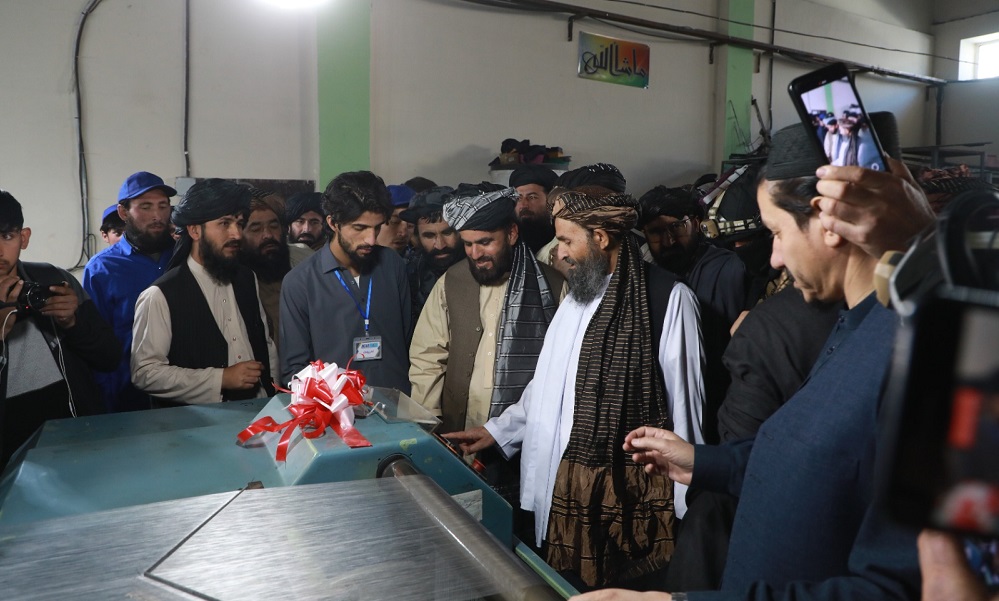
Mullah Abdul Ghani Baradar, the economic deputy prime minister, on Sunday inaugurated a blanket factory in Pul-e-Charkhi industrial area in Kabul city.
Speaking at the inauguration ceremony, Baradar said that with the provision of overall security in the country and the reduction of corruption, a favorable environment for medium and small investments has been created.
He added that the Islamic Emirate continues to support domestic industries by implementing effective import substitution policies, which plays an important role in strengthening the country's national economy.
Baradar stated that in order to support domestic industries, heavy-duty machines worth 100 million afghanis ($1.4 million) were purchased for the newly established blanket factory based on the Islamic Murabaha Islamic financing structure.
Murabaha is a sales contract where the buyer and seller agree on the markup or "cost-plus" price for the item being sold.
Baradar also mentioned that the Islamic Emirate seeks to reduce dependence on foreign imports by increasing the level of investment.
He called businessmen and investors to invest inside Afghanistan for the economic growth of the country.
According to Baradar’s office, the newly established blanket factory uses domestically sourced raw materials including wool and cotton, which will help increase job opportunities in addition to strengthening the livestock and agriculture sector.
About 930 million afghanis has been invested in the factory and it currently has the capacity to produce 1,000 blankets per day.
The factory has employed about 900 people.
Business
Trade volume between Kabul-Tehran has reached over $1.8 billion: MoIC
Afghanistan News: Iranian officials also stated that since the beginning of this year, the export of non-oil goods to Afghanistan has increased to $1.3 billion
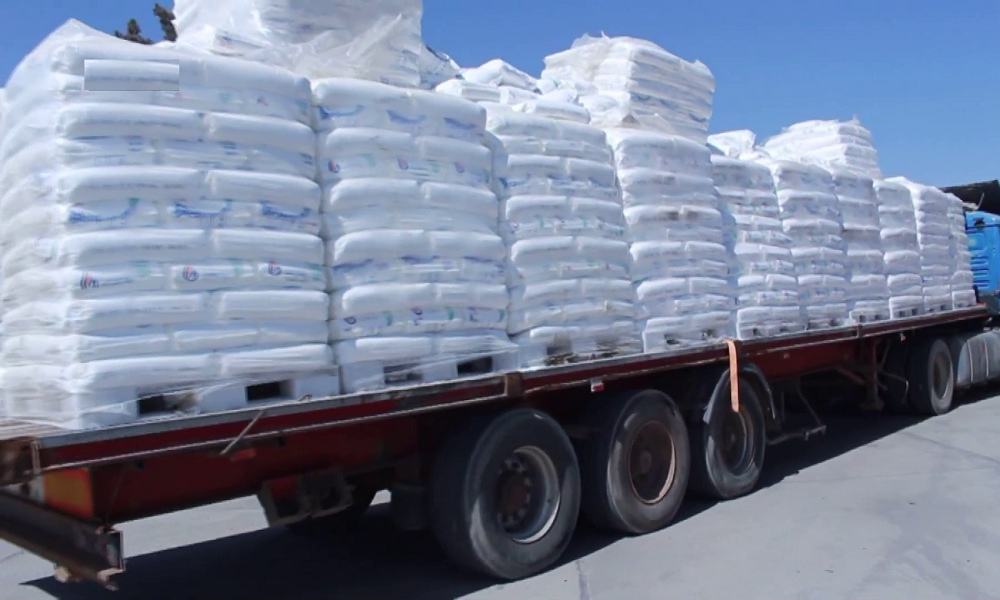
Ministry of Industry and Commerce (MoIC) says the trade volume between Afghanistan and Iran has reached more than $1.8 billion over the past seven months of 1403 [solar year].
The ministry's spokesman Abdulsalam Jawad Akhundzada said these trades include oil and non-oil goods.
According to Jawad Akhundzada, trade and transit with Iran is expanding.
“Afghanistan's trade with Iran during the seven months of 1403 was worth $1 billion 827 million dollars, of which 30 million dollars were exports and $1 billion 797 million dollars were imports,” said Akhundzada.
“Most of the major export goods are mineral stones, raisins, all kinds of soft drinks and sesame seeds, and the main import items are diesel fuel, petrol, raw materials for manufacturing, liquid gas and cement,” he added.
Meanwhile, Iranian officials also stated that since the beginning of this year, the export of non-oil goods to Afghanistan has increased to 1.3 billion dollars.
Tehran Times newspaper quoted the Iranian customs officials and reported that Afghanistan was Iran's fifth largest importer of non-oil products in the last seven months.
Business
Afghanistan-India trade volume totals $650 million so far this year
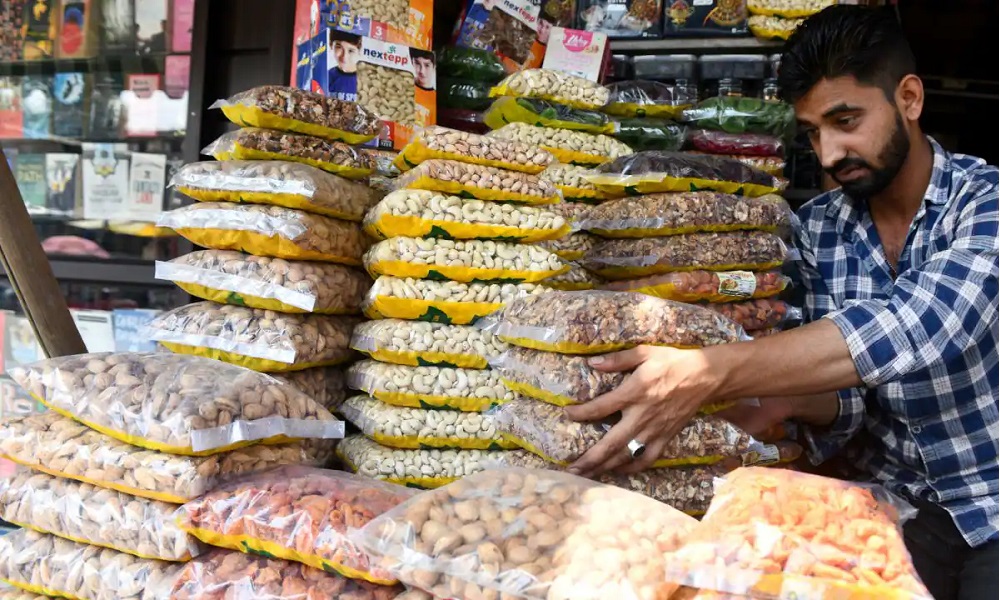
Trade between Afghanistan and India totals $650 million in the first 10 months of this year, the Islamic Emirate’s Ministry of Industry and Commerce announced this weekend.
In a post on X on Saturday, the ministry’s spokesman Abdulsalam Jawad Akhundzada said $477 million in exports and $203 million in imports were recorded this year.
He said Afghanistan’s main exports to India included dried figs, raisins, saffron, green cumin, and almonds.
According to Akhundzada, the main items imported from India over the past 10 months were sugar, raw materials for industrial factories, new clothing, and roasted chickpeas.
Just last week, JP Singh, Indian foreign ministry’s joint secretary for the Pakistan-Afghanistan-Iran division, visited Kabul and met with Acting Foreign Minister Amir Khan Muttaqi.
The two sides discussed political and economic relations between Afghanistan and India, and people's movements, the Afghan foreign ministry said in a statement.
Muttaqi expressed hope that relations between India and Afghanistan would expand in various fields. He stressed that to develop trade relations, Indian visa facilities should be increased for Afghan citizens, especially businesspersons.
According to the statement, JP Singh said that relations with Afghanistan are important for India and have an ancient history.
The Indian diplomat said that along with humanitarian aid to Afghans, India has also started development assistance to Afghanistan and is engaged in technical discussions with relevant Afghan institutions.
JP Singh stressed that in the near future, negotiations will be held between technical delegations of regional countries including Afghanistan and India on the Chabahar port.
He also promised to increase Indian visa facilities for Afghans.
-
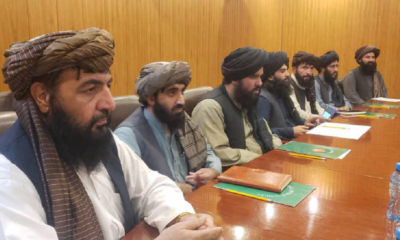
 Latest News5 days ago
Latest News5 days agoAfghan, Pakistani border officials meet in Torkham over movement of people
-

 World5 days ago
World5 days agoPowerful Israeli airstrike shakes central Beirut, 11 dead
-

 Latest News5 days ago
Latest News5 days agoKhawaja Asif links Pakistan’s security crisis to Afghanistan
-
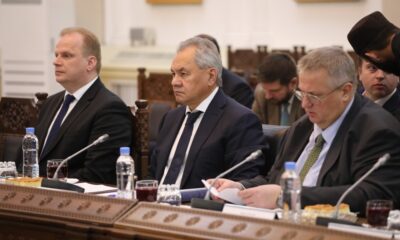
 Latest News3 days ago
Latest News3 days agoRussian delegation says IEA to be removed from Moscow’s blacklist ‘soon’
-
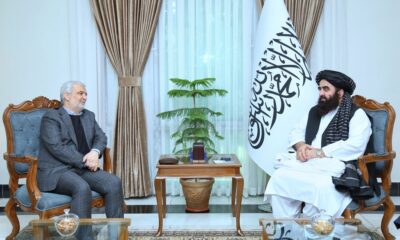
 Latest News2 days ago
Latest News2 days agoForeign ministry ready to work with new ambassador of Iran: Muttaqi
-

 Latest News2 days ago
Latest News2 days agoActing Minister of Industry Azizi heads to Türkiye for Halal Expo
-

 Sport2 days ago
Sport2 days agoAfghanistan beat Pakistan to secure Youth Tri-Nation Series title
-

 Sport2 days ago
Sport2 days agoChampions Trophy arrives in Kabul as part of world tour




